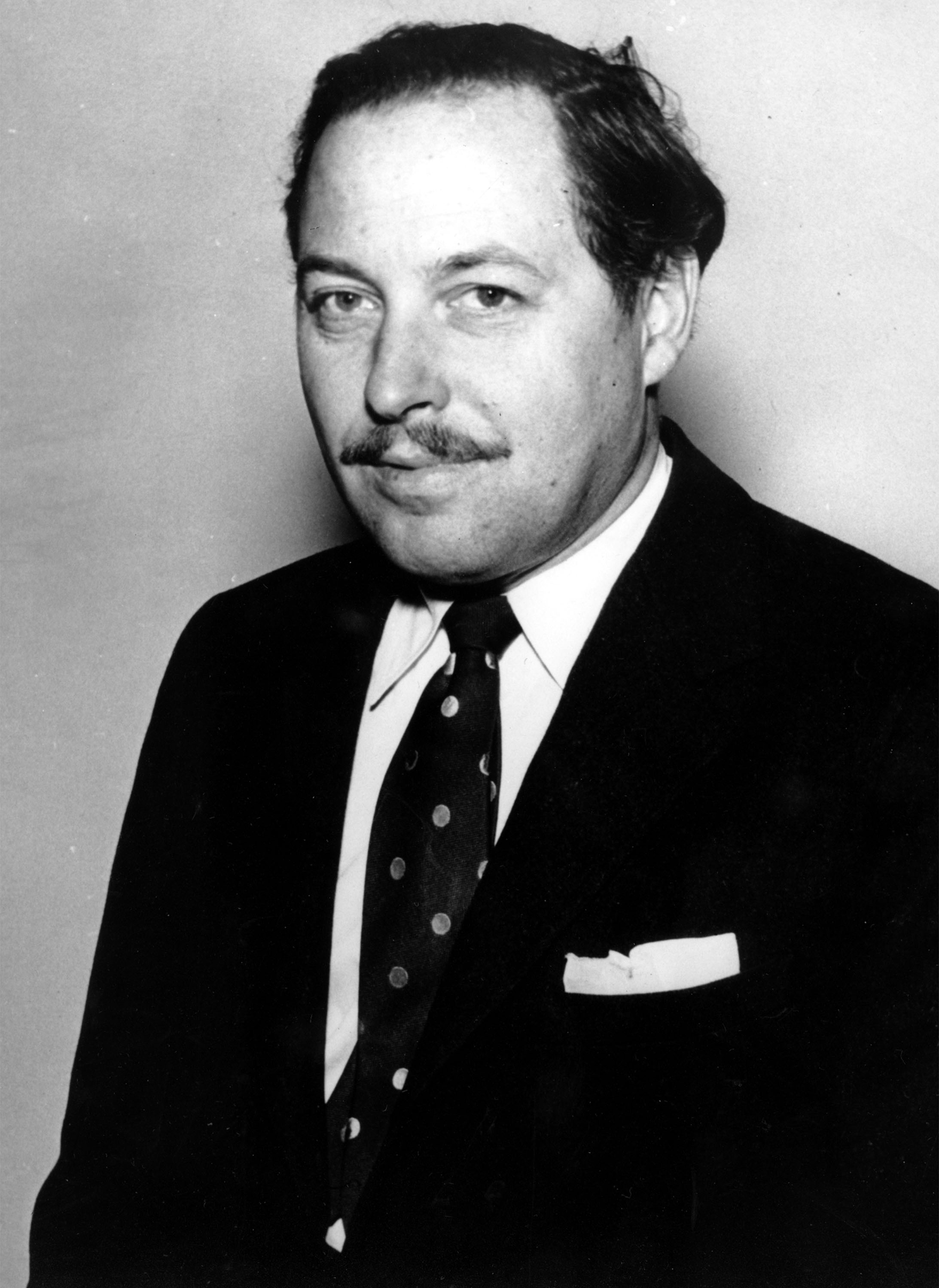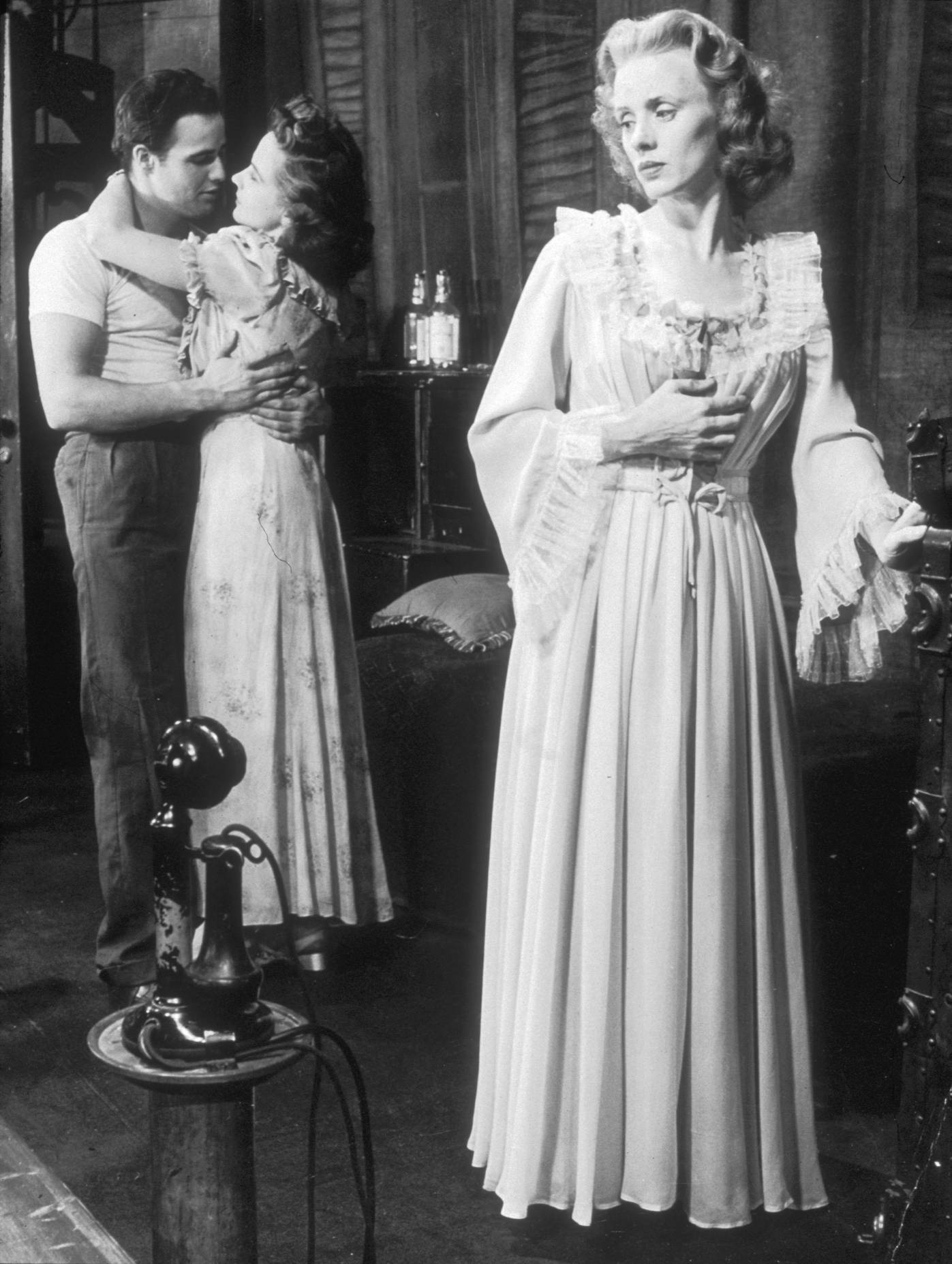Williams, Tennessee (1911-1983), was one of America’s most important and best-known playwrights. He won the 1948 Pulitzer Prize in drama for A Streetcar Named Desire (1947) and the 1955 prize for Cat on a Hot Tin Roof (1955).

Williams’s best plays are portrayals of characters, especially women, suffering from loneliness. Williams brought a new level of sexual frankness and violence to American drama. Although most of his settings are realistic, Williams’s writing is poetic, and his plays often deal in symbols, sometimes taken from Greek mythology. Williams filled his works with autobiographical references, including his poor health as a child, his mentally ill sister, his overbearing father, and his neurotic (mentally troubled) mother.
Williams’s most successful plays were written from 1944 through 1961. His first two major plays were The Glass Menagerie (1944) and A Streetcar Named Desire. Both plays portray the confrontation between a sensitive individual and the brutality and coarseness of modern life.
The Glass Menagerie is set in St. Louis. Tom Wingfield, the narrator, recalls the events of previous years in his family’s small apartment. Amanda, his mother, a genteel Southern woman, was deserted by her husband. As a single mother, she raises Tom and Laura, her delicate and disabled daughter. Laura lives in a dreamlike world of her collection of glass animals.
A Streetcar Named Desire is set in New Orleans. It traces the conflict between Blanche DuBois, an emotionally unstable woman of refined tastes, and her brother-in-law, a vulgar factory worker named Stanley Kowalski.

Cat on a Hot Tin Roof was Williams’s favorite play. It is a portrayal of greed and deception in a family dominated by the wealthy Big Daddy. The central characters are Brick, Big Daddy’s favorite son and a self-pitying drunk, and Brick’s spirited wife, called Maggie the Cat.
Williams’s other major plays include Summer and Smoke (1947); The Rose Tattoo (1951); Camino Real (1953); Orpheus Descending (1957); Suddenly Last Summer and Period of Adjustment, Williams’s only comedy (both 1958); Sweet Bird of Youth (1959); and The Night of the Iguana (1961). Williams continued writing plays throughout the 1960’s and 1970’s, but they did not gain critical or general audience acceptance.
In addition to his plays, Williams wrote two novels, The Roman Spring of Mrs. Stone (1950) and Moise and the World of Reason (1975), and several collections of short stories. Memoirs was published in 1975. The book provides an honest record of his love affairs with both men and women. Memoirs also describes Williams’s wanderings through the cities of America and Europe and his addiction to drugs and alcohol. Where I Live, a collection of personal essays, appeared in 1978. In 2000, the Library of America published an authoritative two-volume edition of Williams’s Plays (1937-1980).
Thomas Lanier Williams was born on March 26, 1911, in Columbus, Mississippi. He chose Tennessee as a pen name (see Pen name). Williams died on Feb. 25, 1983.
See also Drama (Later United States drama); Glass Menagerie, The; Streetcar Named Desire, A.
